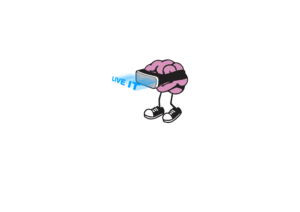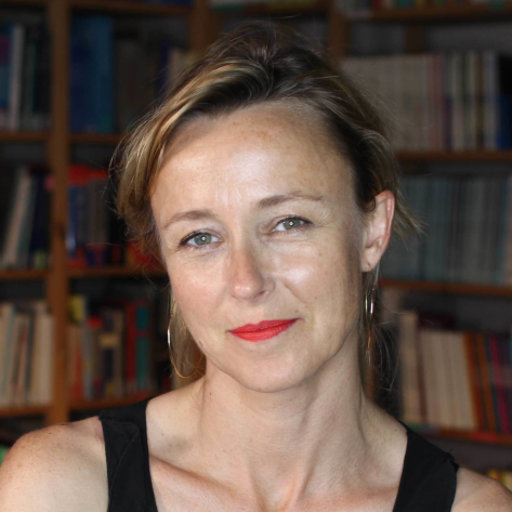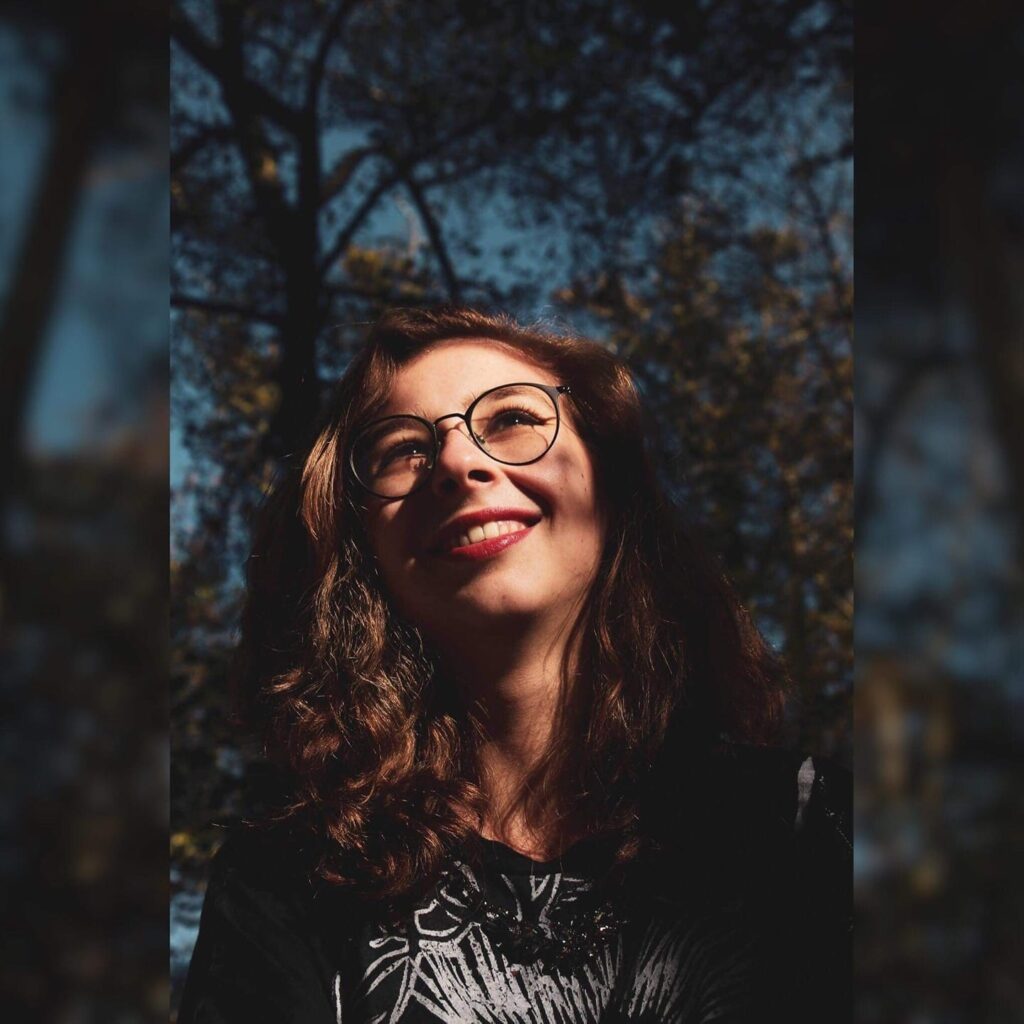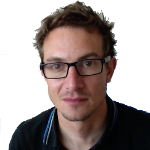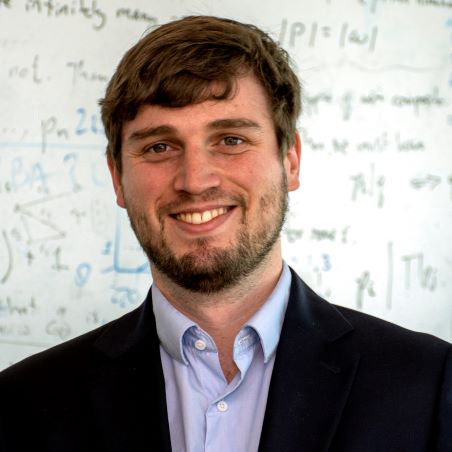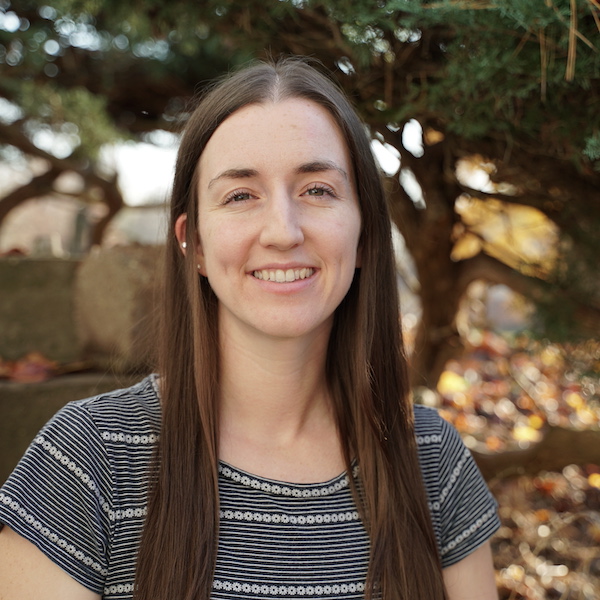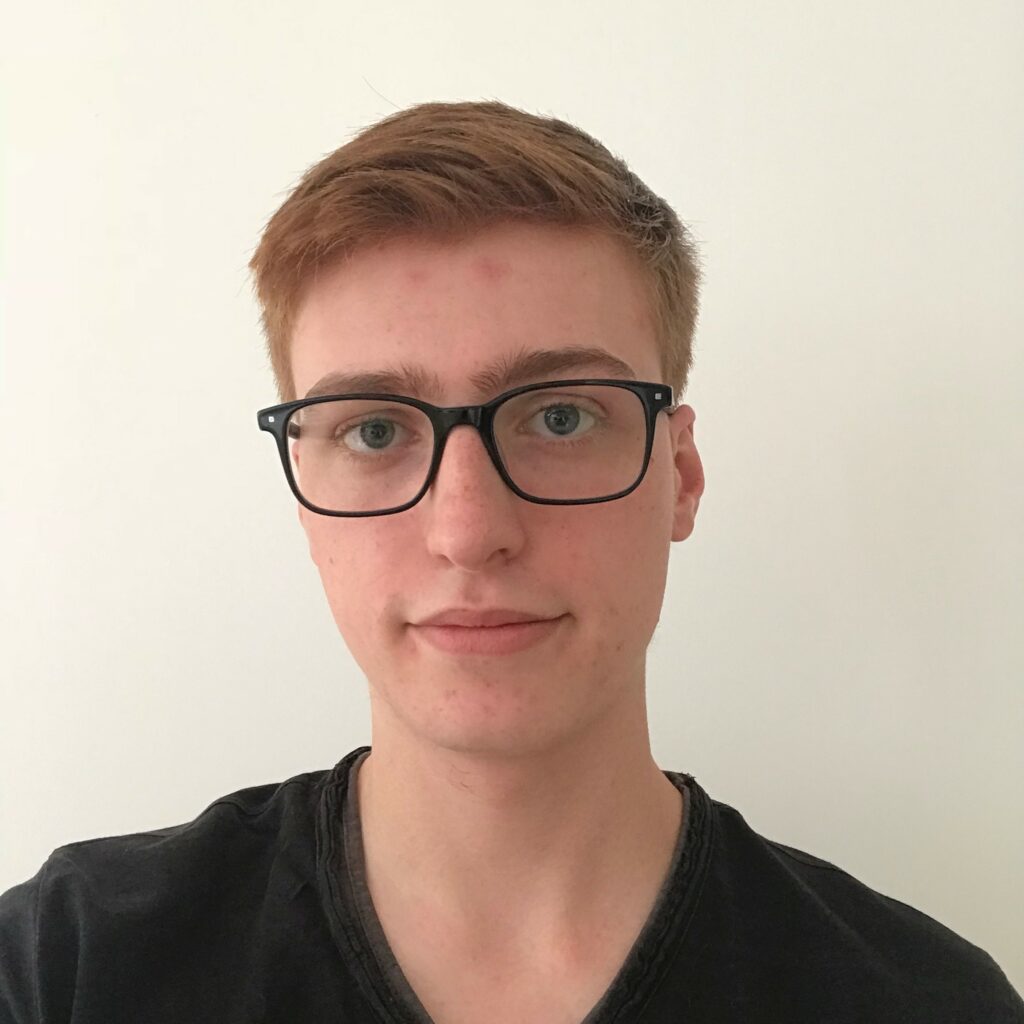A collaborative, interdisciplinary project between two teams
The Live-It project is funded by an Inria Exploratory Action (AEx Live-It) and interdisciplinary thesis funding from the University of Bordeaux.
RAHP team – Applied Research on Mental Disability
LabPsy EA4139, University of Bordeaux
The RAHP team conducts research on disability situations encountered in adult psychiatric disorders. Initially, since 2005, it has been working on the cognitive (i.e. social cognition), subjective (i.e. metacognition) and contextual (i.e. stigmatisation) factors affecting the social participation of people with psychiatric disabilities.
More recently, the team is interested in the applications of these results in the recovery perspective, particularly in mental health practices (e.g. stigmatisation of professional practices, stigmatisation of intimate relationships, peer-help), and the training of future professionals.
To carry out this applied research, the team adopts a three-pronged approach: i) participatory research, ii) evidence-based practice, and iii) multidisciplinarity. It therefore benefits from a network of solid collaborations with researchers from various disciplines (ISPED, INRIA, CCOMS, Quebec), and with those involved in the field (health and medico-social structures, user and family associations, institutional decision-makers).
Key words: mental disability, schizophrenia, social cognition, stigma, recovery-oriented practices, peer support
RAHP members taking part in the Live-It project :
Antoinette Prouteau has been a university Professor of Psychology since 2020. She is also a clinical psychologist specialising in neuropsychology and a family therapist at the Jonzac Hospital (Charente Maritime). She manages and coordinates the RAHP team.
Her research focuses on environmental factors (stigmatisation) and personal factors (cognition, social cognition and metacognition) in disability of psychic origin (schizophrenia) or cognitive origin (head trauma).
- Emma Tison
Emma Tison has been a doctoral student in Psychology at the University of Bordeaux since September 2022. She is under the direction of Antoinette Prouteau and Martin Hachet. She is also a clinical psychologist specialising in neuropsychology and has a master’s degree in Cognitive Sciences.
Bivwac team
Centre Inria de l’Université de Bordeaux
Bivwac is a joint project-team being created by CNRS and Inria, in association with LaBRI (which is an UMR CNRS, Université Bordeaux, Bordeaux INP). The team’s mission is to study new forms of immersive and interactive visualization experiences that aim to improve the understanding of complex data and phenomena. The objective is to provide tools that help transmit and advance knowledge in order to promote the construction of a sustainable and desirable future.
Bivwac members taking part in the Live-It project :
Martin Hachet is a Research director at Inria center at the University of Bordeaux. He is the Team leader of Bivwac (Inria, CNRS, Univ. Bordeaux) and a member of LaBRI.
His main research areas are HCI, 3D User Interfaces, Tangible Interaction, Augmented Reality, Virtual Reality, Visualization
Arnaud Prouzeau is a researcher in Human-Computer Interaction and Visualization at Inria Paris-Saclay, France. He is a member of the ILDA team which seeks to design interactive data-centric systems.
His research focuses on two main directions. In a first one, he studies the use of immersive technologies (e.g. AR/VR) to help users understand and interact with large dataset (Immersive Analytics). In addition to provide a third dimension and a large space, such technologies allow for the use of additional sensory channels (e.g. haptic, sound) and for the visualisation of data in context (situated data visualisation). In a second direction, he explores how people collaborate using different technologies, and how to provide new techniques to make this collaboration more enjoyable and more efficient.
Claudia Krogmeier is a video artist and creative technology researcher currently based in Bordeaux, France. Her work is designed to trigger curiosity and propose unusual perspectives. Organic “special” effects which arise naturally during filming or editing are often highlighted rather than dismissed in her final work. She is inspired by surrealism, nonlinear narratives, the brain, and experiences of emotion. Her next creative work will explore the discontinuity of relationships within virtual social networks, and ideas of narrative identity.
In her research, she has investigated haptic feedback, virtual reality embodiment, and user responses to different environments and tasks through brain activity, eye tracking, electrodermal activity, and self-reported data. In her current research, she seeks to use creative storytelling techniques to reduce stigma towards schizophrenia, and explore uses for affective computing in mental health applications.
- Justin Dillmann
Justin Dillmann is an engineer in the Bivwac team.



